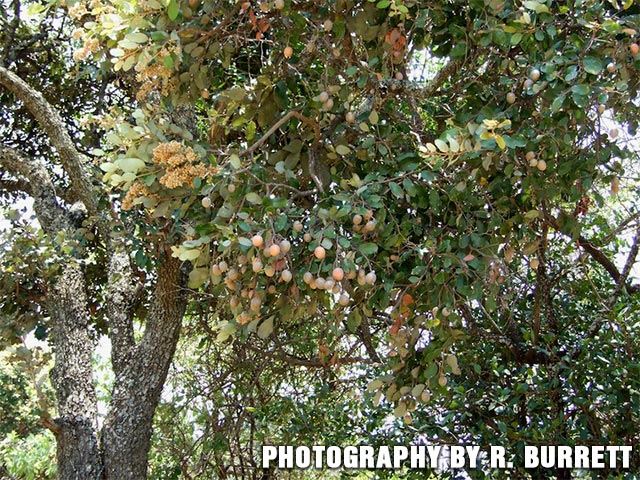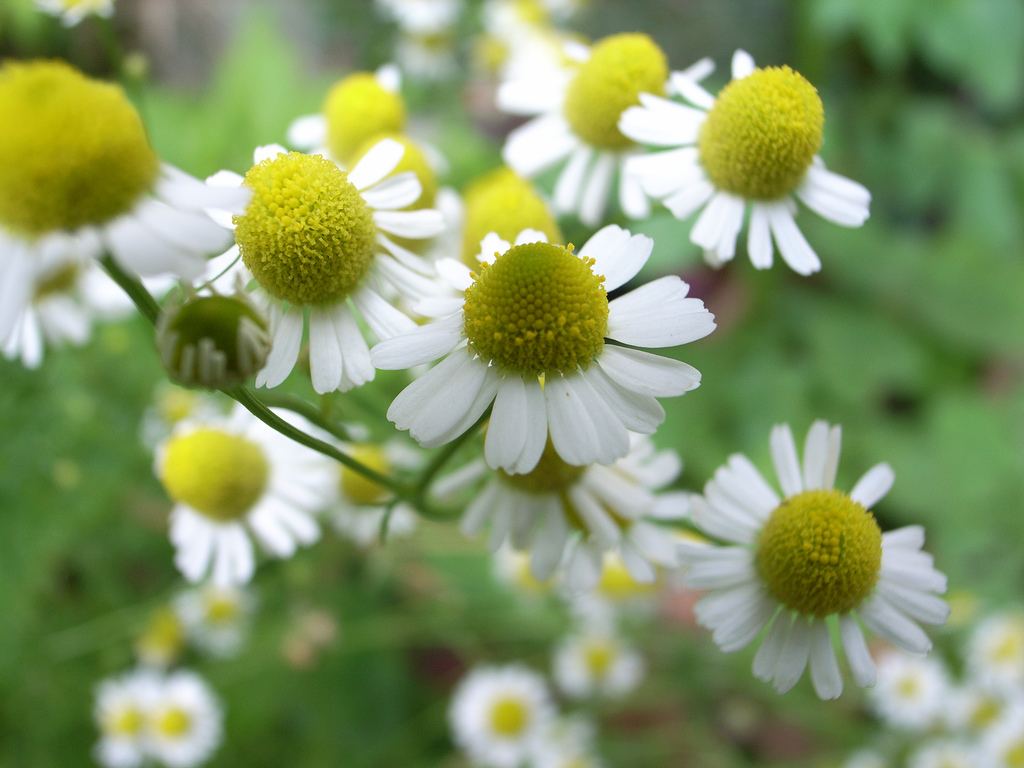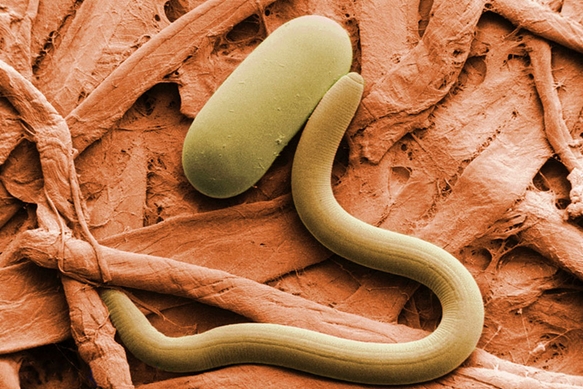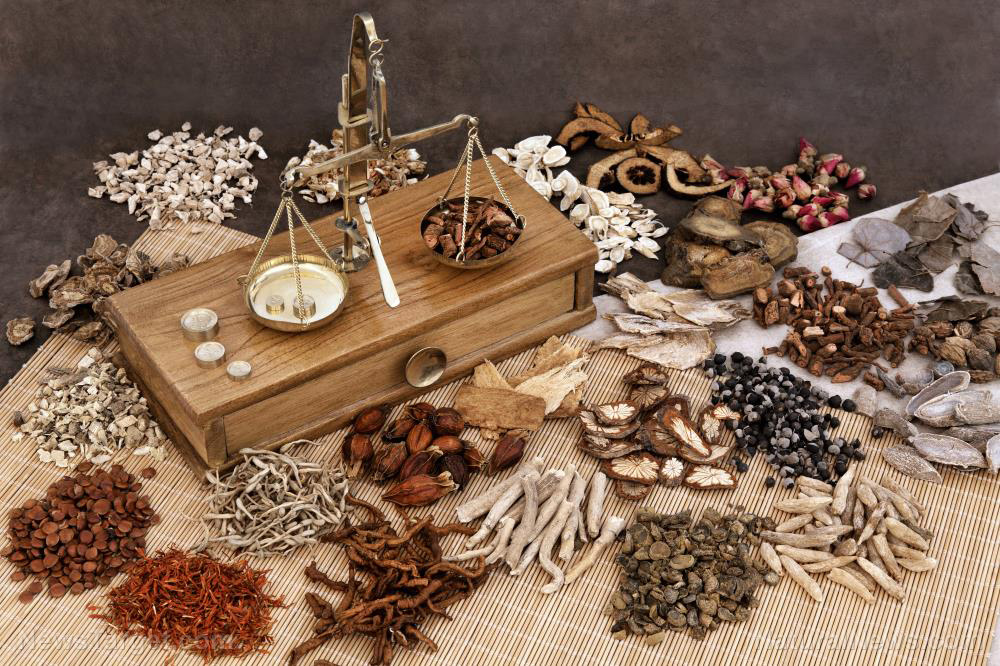Evaluating the antimicrobial potential of an African ethnomedicine
01/02/2019 / By Ralph Flores

Research found that bugi-bugi (Alchornea cordifolia), a medicinal plant widely used in Africa, possesses antibacterial activity. The study, which was published in the journal BMC Complementary and Alternative Medicine, examined the plant’s antimicrobial properties against E. coli using both in vitro and in vivo assays.
- In Africa, A. cordifolia is widely used to treat many health problems.
- Scientists from the University of Dschang in Cameroon used the aqueous extract from A. cordifolia leaves for the study.
- The leaves underwent phytochemical screening to determine their active ingredients. These were also tested for their antibacterial activity against E. coli using standard methods.
- The acute toxicity of A. cordifolia was investigated in mice, and some biochemical, hematological and histological markers of toxicity were evaluated.
- Extracts from A. cordifolia had an MIC value of 1,500 micrograms per milliliter (mcg/mL).
- Phenols, tannins, triterpenes, flavonoids, alkaloids, anthraquinones, anthocyanins, saponins and coumarins were present in the extract, based on the results of the phytochemical screening.
- In vivo studies found an increase in food and water intake after A. cordifolia treatment.
From the results, the team concluded that extract of A. cordifolia contains antibacterial properties and is slightly non-toxic to both female and male mice.
Find the full text of the study at this link.
Learn more plants that can treat bacterial infections by following Herbs.news.
Journal Reference:
Djimeli MN, Fodouop SPC, Njateng GSS, Fokunang C, Tala DS, Kengni F, Gatsing D. ANTIBACTERIAL ACTIVITIES AND TOXICOLOGICAL STUDY OF THE AQUEOUS EXTRACT FROM LEAVES OF ALCHORNEA CORDIFOLIA (EUPHORBIACEAE). BMC Complementary and Alternative Medicine. 4 July 2017;17(349). DOI: 10.1186/s12906-017-1854-5
Tagged Under: Alchornea Cordifolia, alternative medicine, antibacterial, bacteria, E. coli, herbal medicine, natural cures, natural medicine, plantmedicine



















